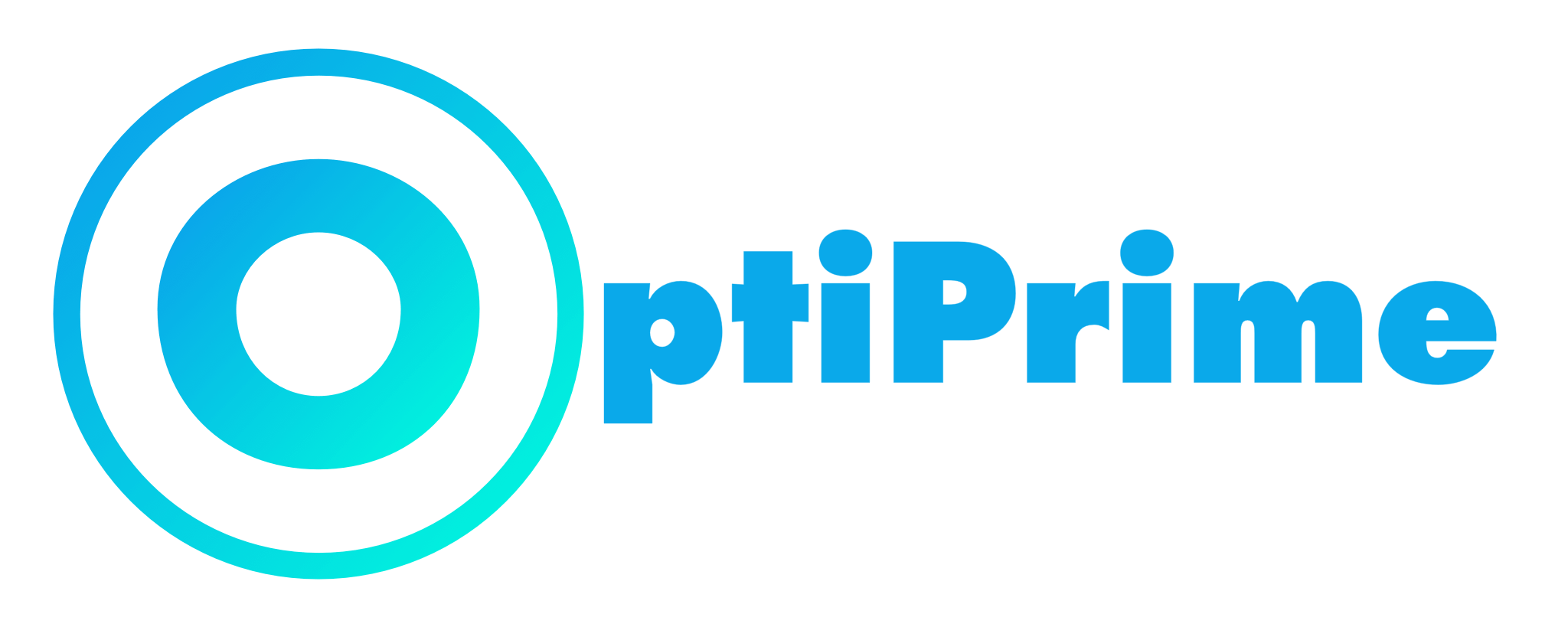Comparing Digital Marketing Master’s Programs: Online Versus On-Campus Options
Businesses in diverse sectors leverage digital marketing as a critical tool for enhancing brand recognition, attracting premium leads, and increasing profits.
This growing reliance on digital marketing, coupled with the widespread incorporation of cutting-edge technologies such as artificial intelligence in marketing initiatives, means that there’s a high demand for digital marketers who possess comprehensive expertise and advanced capabilities.
A Master’s degree in Digital Marketing represents a significant investment for those aspiring to excel and achieve a prosperous career in the field of digital marketing. It equips marketers with the skills to think strategically, embrace a data-driven methodology, and develop the managerial and planning competencies needed for executive or top-level positions.
However, the key question remains: What is the most effective mode of study for a Master’s program – online or traditional on-campus education?
This article explores the benefits and drawbacks of both educational approaches to assist you in choosing the pathway that aligns best with your career ambitions.
What Knowledge and Skills Are Gained in a Digital Marketing Master’s Program?
Before delving into the modes of learning, it’s worth considering the subjects a comprehensive Digital Marketing Master’s program should cover.
Essential curriculum:
- Professional digital marketing skills (Customer Experience, marketing frameworks, content strategies, etc.)
- Search engine optimization (SEO) & Search engine marketing (SEM), and lead generation
- Marketing on social media platforms
- Strategic business management
- Detailed analytics and campaign planning
- Strategies for data-based decisions
- Online business strategies and management
- Techniques for brand development
Hands-on learning experiences:
- Assessments involving practical modules (e.g., SEO strategies, content marketing plans, and digital marketing tools application)
- Comprehensive business projects or dissertations
- Case study evaluations
- Professional internships
While specifics may vary between programs, these foundational areas are critical for equipping you with the necessary skills and knowledge for a senior role.
Pro tip: Explore our Master’s in Digital Marketing program for an understanding of the coursework and requirements involved.
Understanding the Difference between MBA and MSc Degrees
When considering a Master’s in Digital Marketing, it’s crucial to differentiate between an MSc and an MBA or MA to make an informed decision.
An MBA, or Master of Business Administration, covers a broad range of business-related subjects such as marketing, finance, and human resources, aiming to provide a comprehensive view of business operations and leadership skills.
An MSc, or Master of Science, focuses more on the scientific aspects of the subject. Hence, an MSc in Digital Marketing delves deeper into the marketing sciences and theories, emphasizing analytical and research skills. This makes the degree more academically oriented with a focus on practical application in specific fields like economics or business analytics.
In the realm of digital marketing, an MBA or MA offers a more generalized curriculum that’s useful for broad executive roles, while an MSc provides a specialized and academically rigorous training, preparing you for analytical and executive roles specifically in digital marketing, as offered by our DMI program.
Master’s in Digital Marketing: Studying Online
There has been a noticeable surge in people opting for online studies in recent years. This is attributed to online degrees covering a broad spectrum from microcredentials and MOOCs to traditional academic degrees.
A 2023 report by Best College’s on Online Education Trends highlighted that 96% of students believe their online degree will provide a positive ROI, with an equal number willing to recommend online education to others.
Let’s evaluate the strengths and limitations of online education.
Pros of Online Learning
- Adaptability: It allows students to juggle their studies with work or personal life. A study by EY found that 60% of students are balancing their education with work or caregiving responsibilities.
- Availability: Online courses offer 24/7 access, eliminating the need to adhere to specific classroom or instructor schedules.
- Global Access: Students can enroll from any location without the necessity of relocating.
- Current and Applicable: Technological advancements ensure online course material is frequently updated and relevant.
- Cost-Efficiency: Generally more affordable than traditional programs, with added savings on commuting and living expenses.
- Customizable Pace: Offers the flexibility to learn at one’s own speed, fitting the needs of professionals or those with personal commitments.
- Tailored Learning: Adaptive learning technologies enable a customized educational experience based on individual progress and needs.
- Technology Proficiency: Facilitates mastery of the latest digital tools and platforms.
Cons of Online Learning
- Limited Direct Interaction: May reduce opportunities for collaboration with peers and mentors.
- Fewer Networking Chances: Although online communities exist, the potential for in-person socializing and networking is lower.
- Technical Challenges: Requires reliable internet access, with technical disruptions potentially impacting learning.
- Self-motivation Requirement: Success in online learning demands self-discipline and effective time management.
- Resource Access: No physical access to campus facilities like libraries and laboratories.
- Perception Issues: Some employers may value traditional degrees more highly than online qualifications.
Master’s in Digital Marketing: On-campus Learning
Traditional on-campus education was once the sole method of obtaining a college or university degree. However, with technological advancements and the rise in online education popularity, students now have alternative or complementary options such as hybrid learning models.
Despite more than half of UK students expressing a preference for on-campus learning, a significant portion appreciates the hybrid model, blending in-person and online modalities, as reported in the ‘Student Digital Experience Insights Survey 2022/23’.
On-campus education provides immersive, direct engagement with the learning community. But is it the right choice for your needs?
We analyze the benefits and downsides of on-campus education.
Benefits of On-campus Learning
- Structured Environment: A defined schedule and setting can aid concentration and discipline.
- Resource Access: Availability of libraries, career services, and involvement in extracurriculars.
- Face-to-Face Interaction: Opportunities for direct engagement with teachers, classmates, and industry experts.
- Engagement Levels: Possibility for real-time discussions, collaborative projects, and immediate feedback.
- Community Building: Facilitates the creation of a supportive network and campus community.
- Support Services: Access to tutoring, counseling, and direct feedback mechanisms.
- Social Advantages: Encourages participation in social activities and networking events, helping to reduce feelings of isolation.
Drawbacks of On-campus Learning
- Reduced Flexibility: Demands full-time commitment, possibly conflicting with work or family obligations.
- Increased Expenses: Often involves higher tuition and additional costs for travel and accommodation.
- Location Constraints: May necessitate relocation or substantial commuting.
- Limited Personalized Learning: Less flexibility in terms of learning pace and schedule customization.
Choosing Between Online and On-campus Learning
- Learning Preferences: Consider whether you thrive in a flexible, self-directed environment or prefer the structure and interaction of a traditional classroom.
- Career Aspirations: Decide which learning format aligns with your career objectives and growth strategy.
- Financial Considerations: Evaluate the overall costs, including potential expenses like travel and accommodation.
- Life Commitments: Reflect on how a study program can integrate with your current responsibilities and lifestyle.
- Program Credibility: Investigate the reputation and industry recognition of both online and on-campus options. Consider factors like industry partnerships, hands-on experience opportunities, and graduate testimonials.
Conclusion
Selecting the right learning format for your Digital Marketing Master’s is a decision that requires careful consideration of your personal, professional, and financial circumstances.
The chosen method should not only facilitate your transition into a higher-level role or new career path but should also harmonize with your day-to-day life and commitments.
Regardless of the option you choose, ensure the program is reputable and furnishes the skills demanded by today’s employers.
Best wishes on your journey!
Elevate Your Career in Digital Marketing
To advance in the competitive field of digital marketing and achieve positions like Digital Marketing Manager or CMO, acquiring advanced skills, credentials, and practical experience is crucial. Our Master’s program in Digital Marketing, enriched by insights from industry leaders (e.g., Coca-Cola, Google, Microsoft, IBM), offers an in-depth curriculum designed to refine your strategic, managerial, and analytic competencies essential for success across sectors. Download our brochure to discover the possibilities for your career advancement.
Related Reads
OptiPrime – Global leading total performance marketing “mate” to drive businesses growth effectively. Elevate your business with our tailored digital marketing services. We blend innovative strategies and cutting-edge technology to target your audience effectively and drive impactful results. Our data-driven approach optimizes campaigns for maximum ROI.
Spanning across continents, OptiPrime’s footprint extends from the historic streets of Quebec, Canada to the dynamic heartbeat of Melbourne, Australia; from the innovative spirit of Aarhus, Denmark to the pulsating energy of Ho Chi Minh City, Vietnam. Whether boosting brand awareness or increasing sales, we’re here to guide your digital success. Begin your journey to new heights with us!







